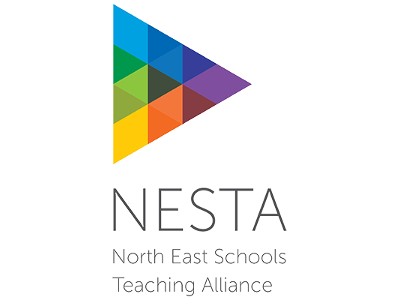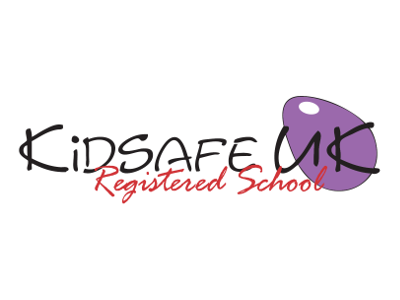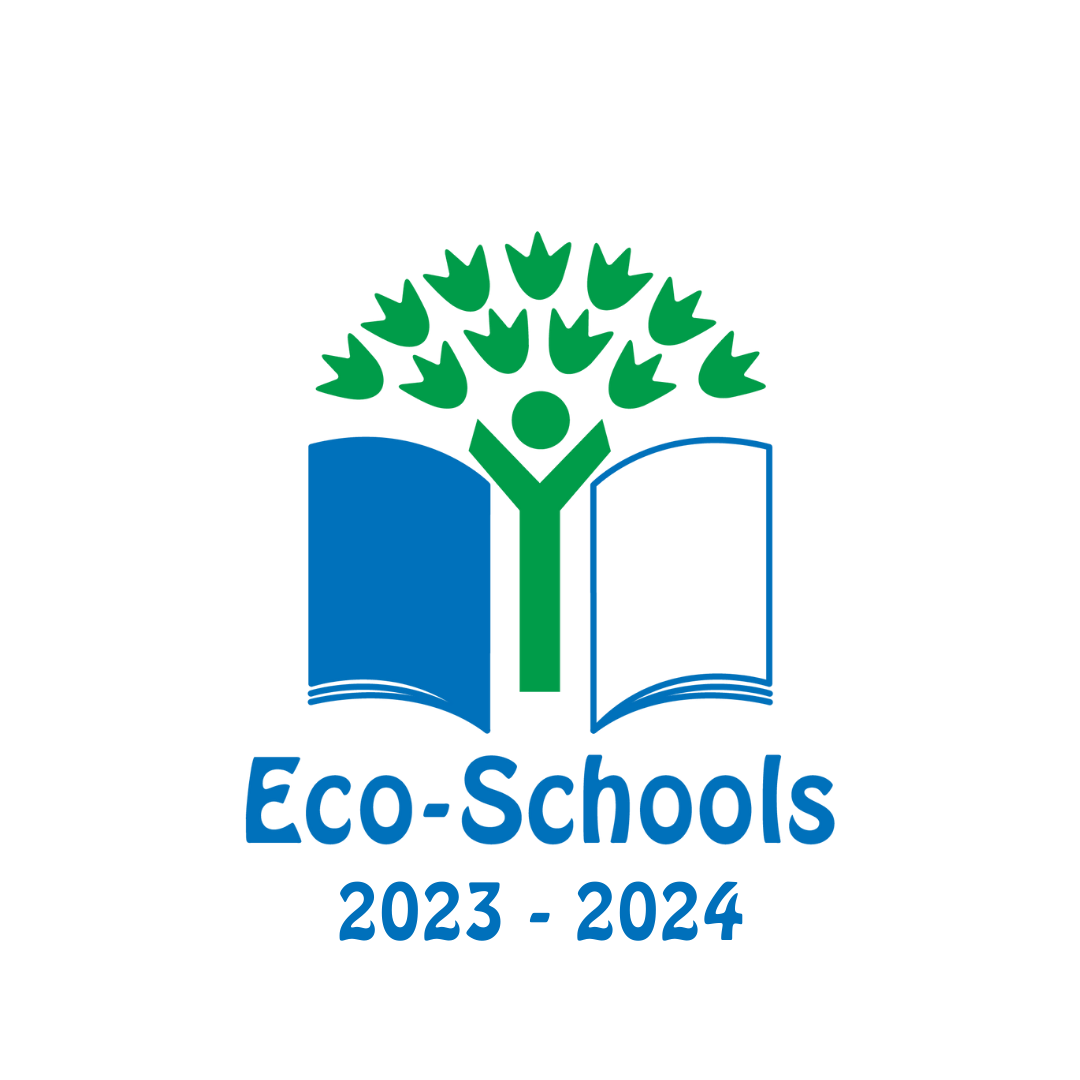Science – Year 1
Download
Download our Year 1 Science curriculum here.
| Essential Skills and Knowledge |
| I can identify and name a variety of common wild and garden plants, including deciduous and evergreen trees, can identify and describe the basic structure of a variety of common flowering plants, including trees, can identify and name a variety of common animals including fish, amphibians, reptiles, birds and mammals, can identify and name a variety of common animals that are carnivores, herbivores and omnivores, can describe and compare the structure of a variety of common animals (fish, amphibians, reptiles, birds and mammals including pets) I can identify, name, draw and label the basic parts of the human body and say which part of the body is associated with each sense, can distinguish between an object and the material from which it is made, can identify and name a variety of everyday materials, including wood, plastic, glass, metal, water, and rock, can describe the simple physical properties of a variety of everyday materials, can compare and group together a variety of everyday materials on the basis of their simple physical properties, can observe changes across the 4 seasons, can observe and describe weather associated with the seasons and how day length varies. |
| Communication Skills | Working together Collaborative Skills | Problem Solving |
| I can ask simple questions and recognise that they can be answered in different ways can observe closely, using simple equipment can perform simple tests can discuss the properties of materials e.g.- hard/soft, stretchy/stiff, shiny/dull, rough/smooth, bendy/not bendy, waterproof/ not waterproof, absorbent/ not absorbent, opaque/ transparent, can identify and classify, can use observations and ideas to suggest answers to questions, can raise my own questions about the world around me, can communicate my findings in a range of ways using simple scientific language, can talk about changes in the weather and the seasons | I follow instructions, share equipment with others safely, can work with a partner to find something out, listen to other people’s ideas, can work with others to make displays about seasonal changes | I can find out about the characteristics of some common materials, can help make up a test about materials and say what I have found out, can help set up an experiment to find out what a plant needs to grow, can use my senses to help solve problems, can perform simple tests to explore questions e.g.- What is the best material for an umbrella |
| Application of Number | Information Technology |
| I can fill in charts about what I see. With some help, I can make up a chart about what I have been investigating, can count how many times I see something, can gathering and recording data to help in answering questions, can sort and group objects, materials and living things, can use simple measurements to gather data and explain what I have found out | I can take effective pictures with a hand held device to record observations, use the computer to draw pictures of what I have seen or done, can sort out data and present it as a pictogram, make independent choices about where text and pictures are placed when explaining my results, can use photographs and videos to observe and compare change over time in plants |
Reviewed Summer 2014 – New National Curriculum











